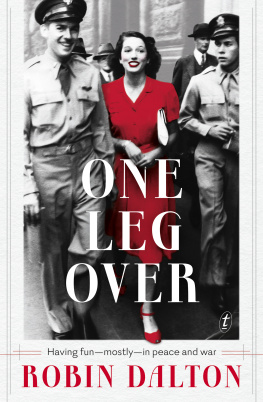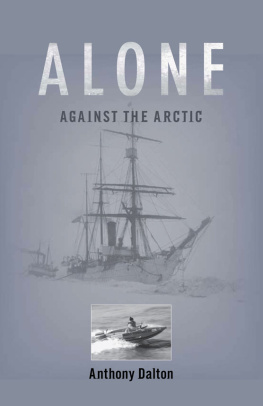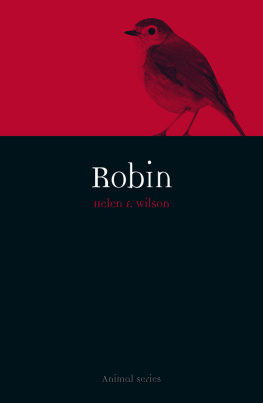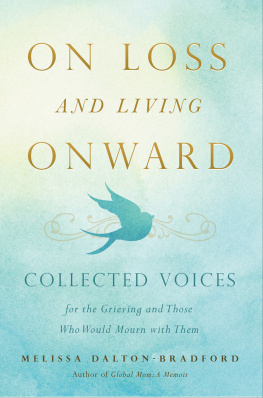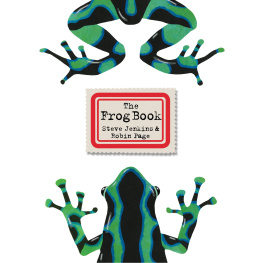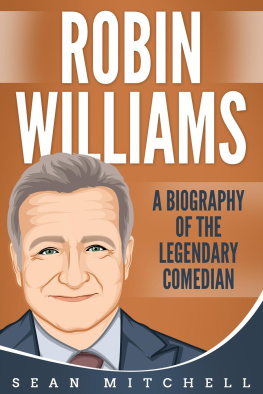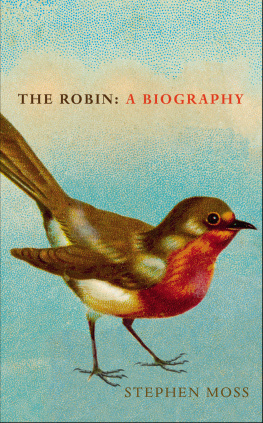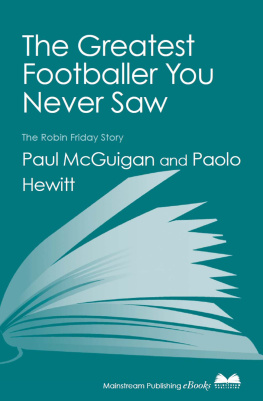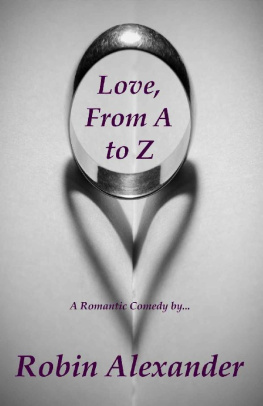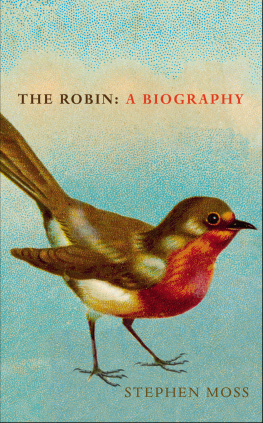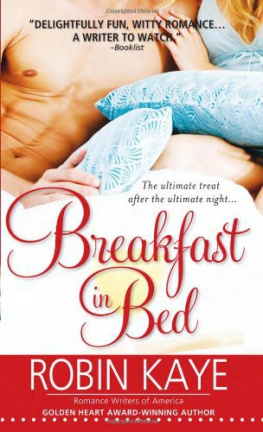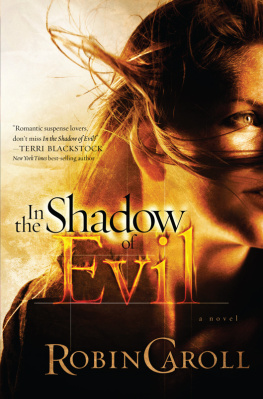ALSO BY ROBIN DALTON
Aunts Up the Cross
An Incidental Memoir
Dead is a 4-letter Word
My Relations
Robin Dalton was born in Sydney in 1920. In 1946 she moved to London, where she now lives. She has worked as an intelligence officer for the Thai Government, a literary agent and a film producer. Her first book, a memoir of her childhood, Aunts Up the Cross, was first published in 1965 and is now a Text Classic.
textpublishing.com.au
The Text Publishing Company
Swann House
22 William Street
Melbourne Victoria 3000
Australia
Copyright Robin Dalton 2017
The moral right of Robin Dalton to be identified as the author of this work has been asserted.
All rights reserved. Without limiting the rights under copyright above, no part of this publication shall be reproduced, stored in or introduced into a retrieval system, or transmitted in any form or by any means (electronic, mechanical, photocopying, recording or otherwise), without the prior permission of both the copyright owner and the publisher of this book.
First published by The Text Publishing Company, 2017.
Design by Jessica Horrocks.
Typeset by J&M Typesetting.
Cover photograph: Robin with fianc US pilot Joshua Barnes, from the authors personal collection.
Internal photographs from the authors personal collection.
National Library of Australia Cataloguing-in-Publication
Creator: Dalton, Robin, 1920 author.
Title: One leg over : having funmostlyin peace and war / by Robin Dalton.
ISBN: 9781925355949 (paperback)
ISBN: 9781925410303 (ebook)
Subjects: Dalton, Robin, 1920. CelebritiesBiography. Man-woman relationships.
For my darling grandchildrenLyndall, Rory, Carrick and Becanin the hope that it will not embarrass them
FOREWORD

I HAD just written an ebook about deathlove seemed the next best thing. I beganit was funit ambled from memories of love life to love of life, sex inextricably mingled with love and romance, facing the music and dancing, memories of how much I have enjoyed being a woman of my time.
Today, most of the best-selling novels by women writers include, or are dominated by, descriptions of sex. Poor Jane Austen, George Eliot, the Brontes would jostle for place on the list. The four major elements in their stories have shifted in prominence during my long lifetime. Now it is sex; if lucky, love; even luckier, romance; possibly respectthe first squeezing the last almost out of existence, having little relevance to it. How glad I am to have been born at the exact time I was, when the order was (1) romance, (2) love, and (3) if lucky, respect. We did not admit to the relevance of (4) sex. That was slipped in somewhere between romance and love but of course we did not acknowledge that it was the engine which drove them. It hovered in the background and when it leapt to the forefront it was cushioned by the soft haze of preliminary romance, followed by love. Quite often we did not recognise the importance of respect and quite often it was never achieved.
Today, for a large proportion of our society, sex jumps to Number One, and that leaves little room for romance. It might lead to love which in turn might lead to respect, but it seems a pretty bleak progression to me. To the generation before mine, the essential elements to a pairing of the sexes were different againcustom, money, position all coming first. I would choose the order of my era and I look back upon it with nostalgia: the way we lived then.
CHAPTER 1

AT NINETY-FIVE I have begun to dwell on the past rather than an increasingly less intriguing future. The past was a glowing and intermittently rosy place: the future rather murky. No glows on the horizon: thoughts of much loved children and grandchildren cause worry and despair for their world, which appears an abyss rather than the springboard which, in retrospect, was mine.
What, not whom, do I miss most in this nonagenarian reverie? It is being in love. There never was a time when I was not, actively, in lovestarting at around six years old with a passion for a gay family friend. Except for the numerous film stars and matinee idols of my youth, I dont remember any of it being unrequited. One floated on a cloud of love affairs, more or less effortlessly gliding from one to another. There is some satisfaction in having lived ones entire life in this delicious state; and what an exalted state in comparison to the lot of many of todays young, who trust the internet rather than a flutter of the heartsex first, love, if you are luckyto follow.
We embarked on our teenage years with innocent expectation. We talked to each other. We wrote little notes to each other on actual paper. We met each other at dances and occasionally balls. From the age of twelve, in my precocious case, I could count on at least one dance per week when our parents stayed in the background, turned over their gramophones, relinquished their drawing rooms, parquet floors or verandas to our tentative feet, and we waited to be asked to dance by the boys in their best suits, one or two in white gloves which protected our carefully chosen party frocks from their sweaty palms. Nearly all of us marked up our first kiss from one of these boys, snatched in a corner of a garden or bend of a stairway: all of it the perfect grounding for the years to come as soon as we left school. At the teenage parties, we drank very little alcohol; at least we thought we did. We believed sherry to be the only permissible drink: when asked what one would like my demure response would be only a sherry. Bottles of this lethal drink must have assaulted my young liver, or perhaps lined it as a protection against the heavy drinking in the years to come. When we graduated to later teens we upped our intake in the sophisticated world of cocktail parties, at which alarming concoctions were gulped down our ignorant throats. This may have been good training for the war years, during which we drank whatever we could grab with our ration cards. A miracle indeed that I threw myself into the immediate post-war world of champagne for breakfast with a serviceable liver. It still seems to be functioning.
Later we would meet in what I remember as glamorous dimly lit restaurants, the dance floor surrounded by tables, the band leader of the day perhaps playing your tune. If female and young enough in the 1930s and 40s you didnt really know what an erection was, or meant: it was something encountered on the dance floor or in the back of ones parents car. Looking back from a lifetime of experience I would say it was more exciting: they dont even touch each other on the dance floor today.
My own good memories continued in that I lived, aged eighteen to twenty-four, through a world at war when the boys and young men we met were all, briefly, on leave, with the unspoken fear that they might never return. Sometimes, when sleepless, I amuse myself with trying to remember those loverssometimes taken to bed on a first encountercounting on both hands in swift rotation; one or two forgotten and having to be slipped in later. I once told this to my friend Diana Athill, who agreed to doing the same and has since made the newspaper headlines by repeating it. But it is not the somewhat irrelevant sexual act I remember. It is the preliminary romantic music as we clasped each other on the dance floor or the deep gaze over a supper tablemagicone was in love. The words of the tunes we danced to were the romantic delights of the 1930s, 40s and 50sRay Noble, Cole Porter, Gershwin, on to Hammersteinthe more serious and long lasting of these love affairs marked in ones memory as our tunesNight and Day, Thanks for the Memory, Youll Never Know (how much I love you), You and the Night and the MusicThe words were like electric signals between one and the boy of the night: surely he, too, was thinking that those words were written just for the two of youan electronic purveyor of his emotions.

